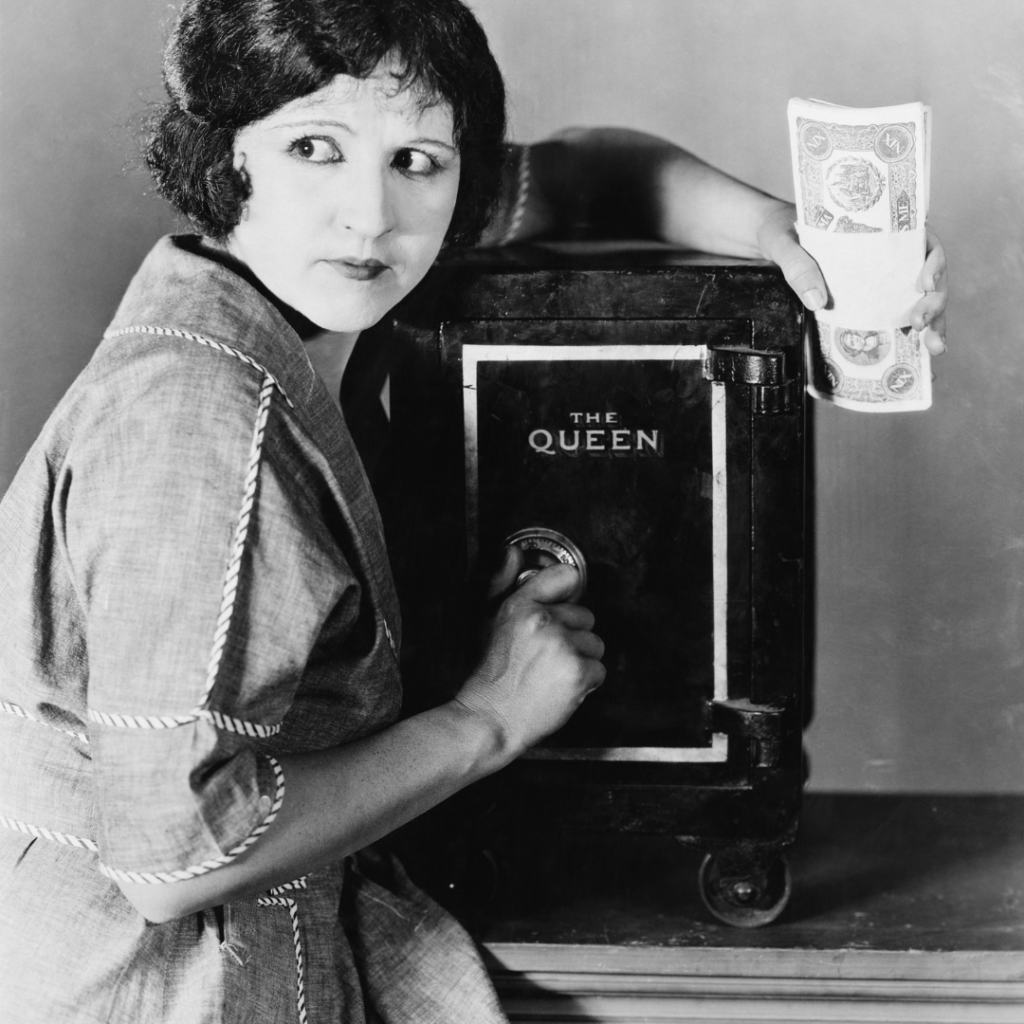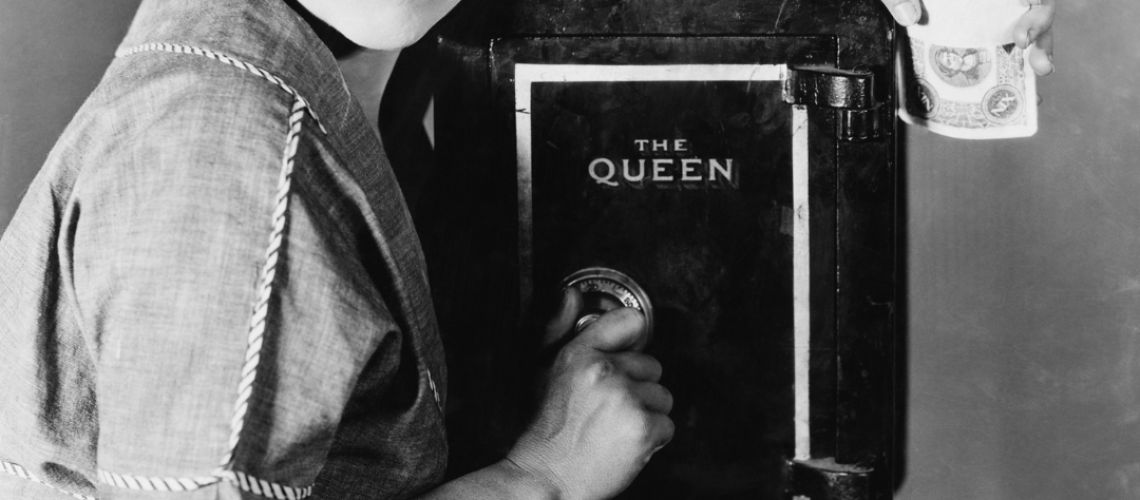Every time we see a fruadulent check come to our store, my heart goes out to the account holder of the check. Here they were, simply trying to make a payment or send money to their grandkids, and along comes someone intent on stealing from them. I don’t like it. In fact, I hate it. I hate it so much that I’ve decided to make it one of my missions to protect consumers and make all out war on check fraudsters and scammers.
While we work to fulfill that mission, here are three things you can do to avoid becoming a victim of check fraud:
- Make your payments electronically. I know this may not be in our best interest as a check casher to tell you to pay bills and/or send money electronically, but it can be a lot safer if you do it correctly. Mailing paper checks, no matter how you do it, comes with inherant risks that can’t be avoided. If you can’t or simply don’t want to make your payments electronically, read on…
- Mail your paper check from inside your local Post Office. Don’t mail paper checks from your mailbox. Everytime you put mail in your mailbox and raise the flag, you’re signaling would be theives and fraudsters that you have something for them to take. Even though it may be convienant, it’s no longer worth the risk. Even the blue mailboxes outside the Post Office are being broken into now. Going inside is your best option.
- Check your bank account daily for transactions you don’t recognize. Most banks will allow you to stop a pending transaction or even reverse a posted transaction if you notify them within a certain amount of time. If you don’t want to do it everyday, definately do it consistently after you’ve mailed a papercheck.
If you’ve got questions about any of these three things or want to know other ways you can protect yourself from being a victim of check fraud, send me a text message at 918-438-3344.
Thanks!



